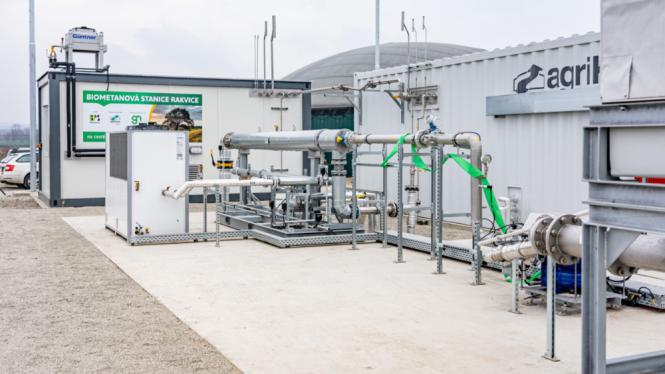The Czech Republic has drawn up a biomethane and a geothermal action plan. The former sets out a clear framework for increasing the production and use of biomethane in the energy and transport sectors by 2030.
It envisages a gradual rise in biomethane output, primarily by converting around half of the country’s biogas plants into biomethane facilities and enabling their connection to the gas network.
According to the announcement of the Ministry of Environment, biomethane produced from biodegradable waste, agricultural residues and other renewable raw materials offers significant potential to decarbonise sectors that are difficult to electrify, such as heavy-duty transport, heating and industrial processes, while also supporting the circular economy, rural development and job creation.
The action plan introduces operational support for biomethane production, investment incentives and measures to boost demand. It also includes support for feeding biomethane into the gas grid, the development of bio-CNG and bio-LNG infrastructure, the introduction of a guarantee of origin and sustainability certification system, and subsidy programmes for vehicle purchases.
Suppliers of gaseous fuels will be required to ensure a minimum share of biomethane and other renewable fuels in transport, 1.25 per cent from 2026, rising to 5.5 per cent by 2030. At least one per cent of this must consist of renewable hydrogen or synthetic fuels.
Action plan for low-potential renewable and waste heat
This plan focuses on integrating low-potential renewable and waste heat into central heating systems, for example, by using large heat pumps, waste heat from industrial processes, sewage treatment plants or data centres. It also supports the development of geothermal energy.
Low-temperature sources are expected to cover up to 35 per cent of the heat supply in district heating systems by 2040. In industrial processes, the share is projected at 11 per cent. These changes could reduce the country’s total emissions by up to 12 per cent by 2040.

